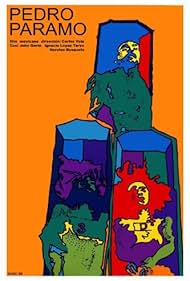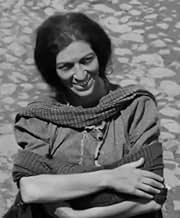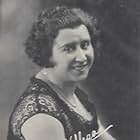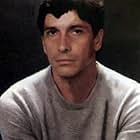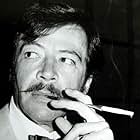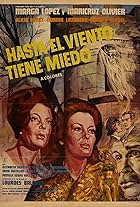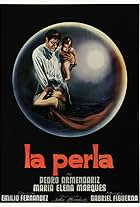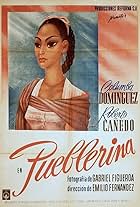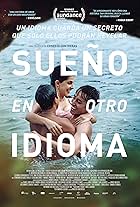I truly feel that this film is an unsung masterpiece. From the opening credits to the Don's last cry of "Susana," it's a captivating, mysterious, and rich work. It is an epic both dark and profound, exploring a range of human motivations and emotions.
This film, based on the short novel of the same title, opens the flood-gates for the "magical realism" that would afterward fill the Latino arts. I cannot emphasize how well done the mysticism is. This is by no means a "ghost movie," but it's not afraid to use them. One scene in particular is so haunting and powerful it made me absolutely giddy. Our protagonist's visits to various residents of the run-down village are some of my favorite bits of cinema.
Potential "Spoilers" Begin Here:
I felt a common chord in the Don's obsession with Susana and C.F. Kane's nostalgia with "Rosebud" in "Citizen Kane." Both men become so consumed with ambition that they can no longer possess their ideal. Both men long for something so fundamental and simple that they smother it in their quest. Perhaps it is because this ideal *cannot* be possessed. The themes of possession with Susana are clear. She thinks of herself as belonging to Florencio, her father thinks he owns her as both daughter and lover, and of course Pedro Páramo thinks of himself as owner. But can a person own another? Can a man own the careless joys of his childhood?
In Páramo's yearning for the unattainable, he populates and destroys an entire region. And so resonates one of the last lines of the film: "Todos somos hijos de Pedro Páramo!" ("All of us are the children of Pedro Páramo!") But aren't we? Aren't we all the offspring of misled ambition--genetically, nationally, culturally, ethically, or religiously? There is a Pedro Páramo looming somewhere in our origins.
I applaud this film.
